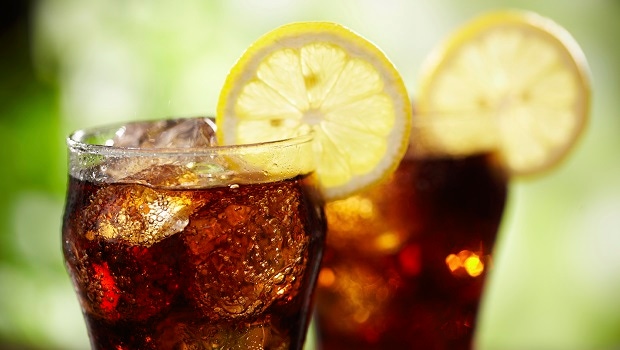A new report from Mintel found 57 percent of U.S. adults agree carbonated soft drinks made with natural ingredients are healthier than those made with artificial ingredients. What’s more, 34 percent are interested in seeing carbonated soft drinks with added benefits, such as protein, vitamins or minerals.
August 25, 2015

Carbonated sugar-sweetened soft drinks have been a topic of hot debate over the past few years as health advocates blame them for an increase in obesity and chronic illnesses; however, there may be some good news on the horizon for beverage makers.
A new report from Mintel found 57 percent of U.S. adults agree carbonated soft drinks made with natural ingredients are healthier than those made with artificial ingredients. What’s more, 34 percent are interested in seeing carbonated soft drinks with added benefits, such as protein, vitamins or minerals.
Concerns surrounding artificial sweeteners strengthen natural and naturally sweetened carbonated soft drinks’ positioning as a better-for-you alternative to regular and diet sodas. (Remember former New York City Mayor Michael Bloomberg’s failed soda ban that sought to limit consumption of sugar-laden beverages.) These challenges have contributed to years of sales declines in the carbonated soft drink industry, with sales dropping 3.6 percent from 2011-2014.
Despite being in its early stages, the craft and natural segments are poised to grow. According to the report, 66 percent of U.S. adults currently don’t drink craft sodas, 44 percent of non-craft drinkers are interested in trying craft products. A similar trend is seen with natural soft drinks, of which 40 percent of consumers currently drink, with usage highest among parents (60 percent) and millennials (58 percent).
Of U.S. consumers who currently consume or are interested in craft soda, 54 percent indicate that natural or real ingredients are important to them, including 50 percent of parents, highlighting natural soda’s potential in the market.
“The definition of health is changing from desiring low/no-fat and -sugar, to ‘real’ or unadulterated ingredients. Natural and craft brands tend to feature ingredients in more natural forms, to position products as a better-for-you option," said Elizabeth Sisel, beverage analyst at Mintel. “Craft and natural sodas also provide new flavor experiences, including blends of fruits, spices and herbs, while hitting naturally sweetened and premium ingredient trends. However, the segments are still too small to generate a huge impact on category sales, although interest in natural/naturally sweetened and craft options is promising. Positive health perceptions are on the side of craft and natural soda, but manufacturers need to justify high prices and build awareness to grow sales."
What I find interesting about the report’s data is consumer interest in carbonated soft drinks with added benefits. Beverage fortification is hardly new; the industry has been adding vitamins A and D to milk for generations, and it’s been years since orange juice began surpassing milk—for some consumers, at least—as a primary source of calcium. But now that traditional vitamins and minerals are a given in good-for-you drinks, consumers want more; they are looking for nutrition that goes above and beyond the status quo—be it extra nutrition or condition-specific benefits. Check out our free “Beverages with Benefits" Digital Issue to find out more.
You May Also Like




.png?width=800&auto=webp&quality=80&disable=upscale)